As we move into 2025, businesses must evolve their human resources strategies to meet the changing needs of the workforce. The workplace is becoming increasingly diverse, digital, and flexible, requiring HR leaders to adapt quickly and effectively. An effective HR strategy will not only attract top talent but also retain and engage employees, driving the overall success of your organization. Here’s how to build a successful HR strategy for 2025.
1. Align HR Strategy with Business Goals
The first step in developing a solid HR strategy is ensuring that it aligns with your company’s business objectives. As the workplace changes, HR must evolve to meet the needs of the organization. HR leaders should collaborate with executive teams to understand long-term goals, such as expansion plans, new product launches, or organizational restructuring. By aligning your HR strategy with the overall business vision, you’ll be better equipped to support your company’s growth and success.
Key Actions:
- Conduct regular strategy sessions with leadership teams
- Identify business goals and map HR initiatives accordingly
- Focus on building HR capabilities that support the business direction
2. Embrace Technology and Automation
2025 is the year for digital transformation in HR. Leveraging technology and automation will streamline HR processes, improve efficiency, and allow HR professionals to focus on more strategic tasks. Tools like AI-driven recruitment platforms, HR management systems (HRMS), and employee engagement software will help HR teams recruit faster, analyze employee performance, and improve employee satisfaction.
Key Actions:
- Implement AI-driven tools for recruitment and employee engagement
- Use HRMS to manage employee records, payroll, and benefits
- Adopt performance management software to track progress and development
3. Prioritize Employee Experience
A positive employee experience will continue to be a key driver of retention and engagement in 2025. The employee experience includes everything from the hiring process and onboarding to career development and work-life balance. HR strategies should focus on fostering an environment where employees feel valued, supported, and engaged.
Key Actions:
- Create a seamless and positive onboarding experience
- Focus on employee well-being through flexible work policies
- Offer personalized career development opportunities
- Foster a culture of recognition and continuous feedback
4. Focus on Diversity, Equity, and Inclusion (DEI)
Diversity, equity, and inclusion are not just buzzwords—they are essential components of a successful HR strategy. In 2025, organizations that prioritize DEI will have a competitive advantage, as employees expect inclusive environments where everyone feels respected and empowered. HR leaders must ensure DEI initiatives are integrated into all aspects of the employee lifecycle, from recruitment to retention.
Key Actions:
- Implement diverse recruitment practices
- Offer DEI training and education for all employees
- Create clear policies to support inclusive leadership
- Regularly measure progress with DEI metrics
5. Build a Future-Ready Workforce
The future of work is evolving rapidly. To remain competitive, organizations must focus on building a workforce with the skills and capabilities required for the future. HR must prioritize learning and development, upskilling and reskilling initiatives, and creating a culture of continuous learning.
Key Actions:
- Invest in learning and development programs
- Identify skills gaps and create training programs to address them
- Encourage a growth mindset through mentorship and career coaching
6. Promote Work-Life Integration
In 2025, work-life balance will continue to be a top priority for employees. With remote and hybrid work becoming more common, HR must develop flexible policies that cater to different needs while ensuring productivity. Providing employees with options for flexible schedules, remote work, and mental health support will help you retain top talent.
Key Actions:
- Offer remote and hybrid work options
- Provide mental health and wellness programs
- Implement flexible work hours to accommodate different lifestyles




